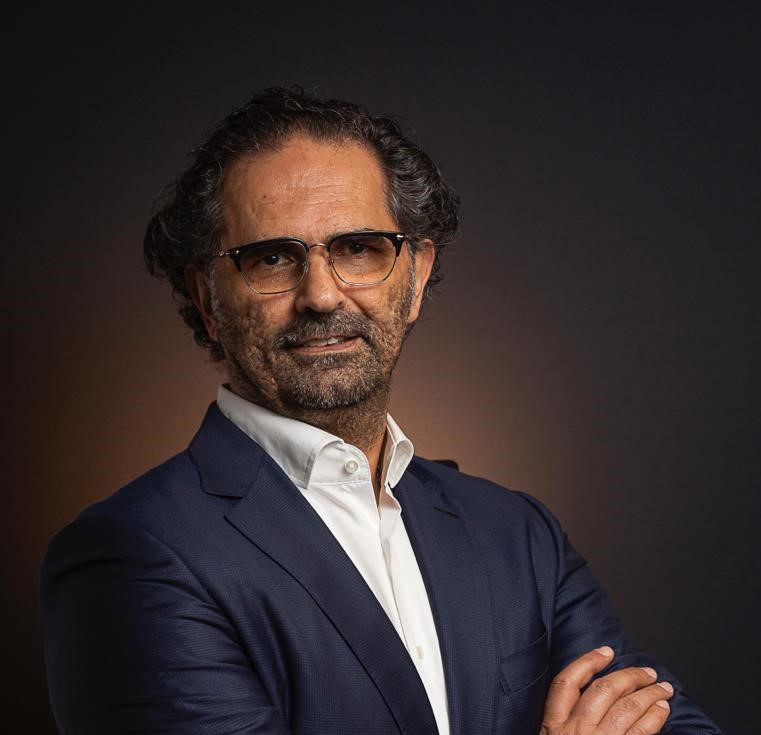São Paulo – The desire to recount the story of Arab immigrants to children based on his own memory led Salem Nasser, professor of international law at Fundação Getulio Vargas (FGV), to write O mascate [The Peddler], his debut children’s novel. The book features illustrations by Roberta Asse and is set to be released in October by Tabla publisher.
Read more:
Árabes influenciaram trajetória de brasileiros
Father of three, Nasser (56) had the idea of writing a children’s book when he was telling stories of his family to his own children.
“They are always very interesting adventures, the stories of peddlers exploring, discovering the unknown. I believe they are also full of trepidation,” says Nasser on the Arabs who moved to Brazil and crossed the streets selling goods in houses and stores before establishing their own shops. For his O mascate, Nasser drew upon the story of his own father, who came to Brazil in 1954 and is now 95, and mother, now 79. He was the first to come, while she came only in 1961.
“They are always very interesting adventures, the stories of peddlers.”
Salem Nasser, author of O mascatePUBLICIDADE
“I wanted to tell the story of our family, of how we ended up in Brazil, but also an adventure for children, as they want to learn, to feel the fear of the hero, experience the new things he found,” he says. It is this adventure, Nasser says, that makes his stand out from other books portraying the stories of peddlers.
“I feel like most of other books written by second- or third-generation descendants explores their own relationship with their parents, their grandparents. It’s not as much about the adventure of the immigrants, their fears, discoveries, difficulties. I found it very interesting,” he says.
Children’s illustration, quite a different story
A special part of this book will be illustrations by Roberta Asse, who is herself an Arab descendant and specializes in images and stories for children. She was one of the first people to read O mascate apart from Salem’s wife Maria. And it was Maria who introduced him to Asse.

“Asse tested two illustrations before landing on the one. Then we spoke with publishers. Their feedback was always positive, but something usually prevented it from going forward. Then we talked to Tabla publisher – it was an obvious choice,” Salem says, explaining that Tabla usually publishes books with topics related to the Arab world.
“I wanted the book to be very well finished, to live up to the adventure I would tell. It would ideally have to have an institution support, and the Arab-Brazilian Chamber of Commerce (ABCC) was an obvious choice, for more than one reason – not only there was a potential sponsorship but it could leverage the book, give it credibility, the reach of the ABCC could help the book reach more people, too,” he says on the support of the ABCC to O mascate’s making.
A new challenge
Known for his papers, articles, and television commentaries on various topics related to the Arab world, Salem says that venturing into the world of literature was a challenge he wanted to tackle. The first rough draft of O mascate came before the pandemic.
“I’ve always flirted with the idea of writing fiction, but of everything I do, this is where I feel less comfortable. I had some drafts shelved. Eventually I decided that this children’s story had to in a children’s language. It sat there waiting for a chance to be submitted to someone. I met Asse during the pandemic. I had the text ready and refined it based on my conversations with her,” he said.
Besides Asse and Maria, a Brazilian literary icon had the chance to read the previous text of O mascate. “One of the people who read it and recommend its publication was Milton Hatoum. He is a friend, and always generous. He suggested a small change. I’ll follow his advice,” says Salem on his first steps into the adventure of writing for children.
Translated by Guilherme Miranda




